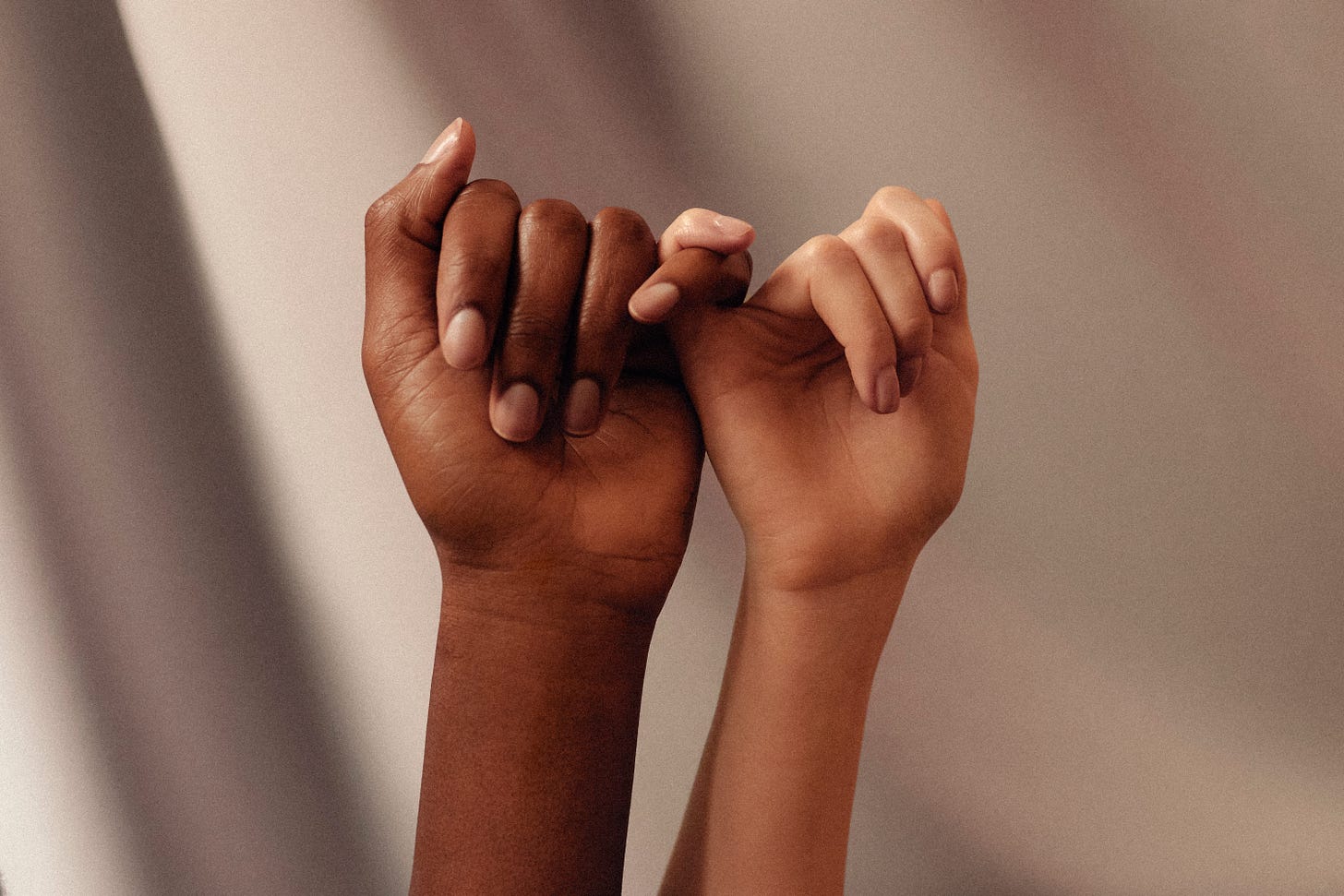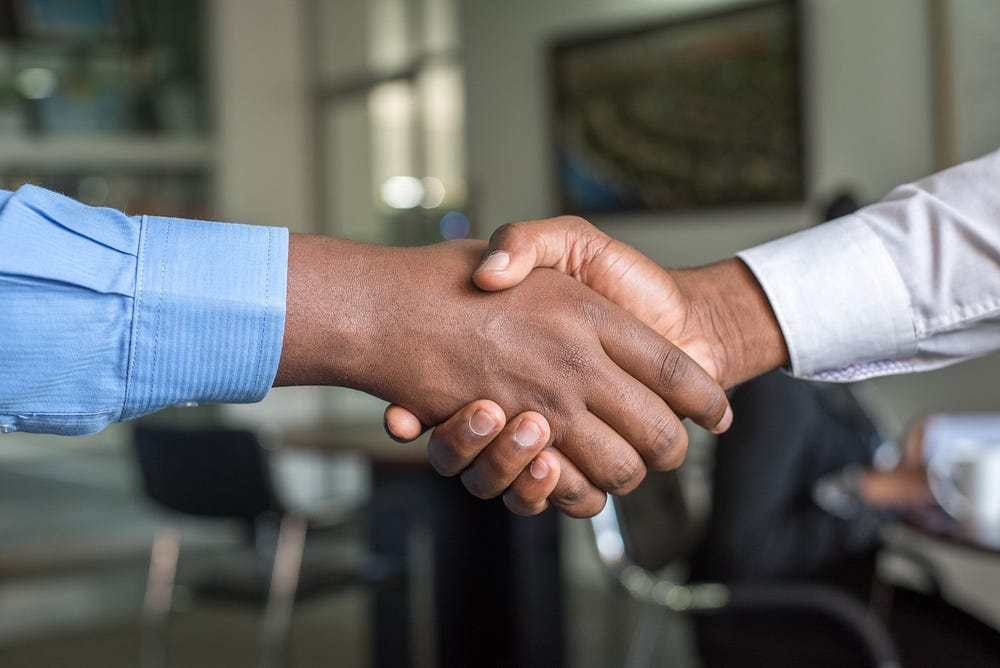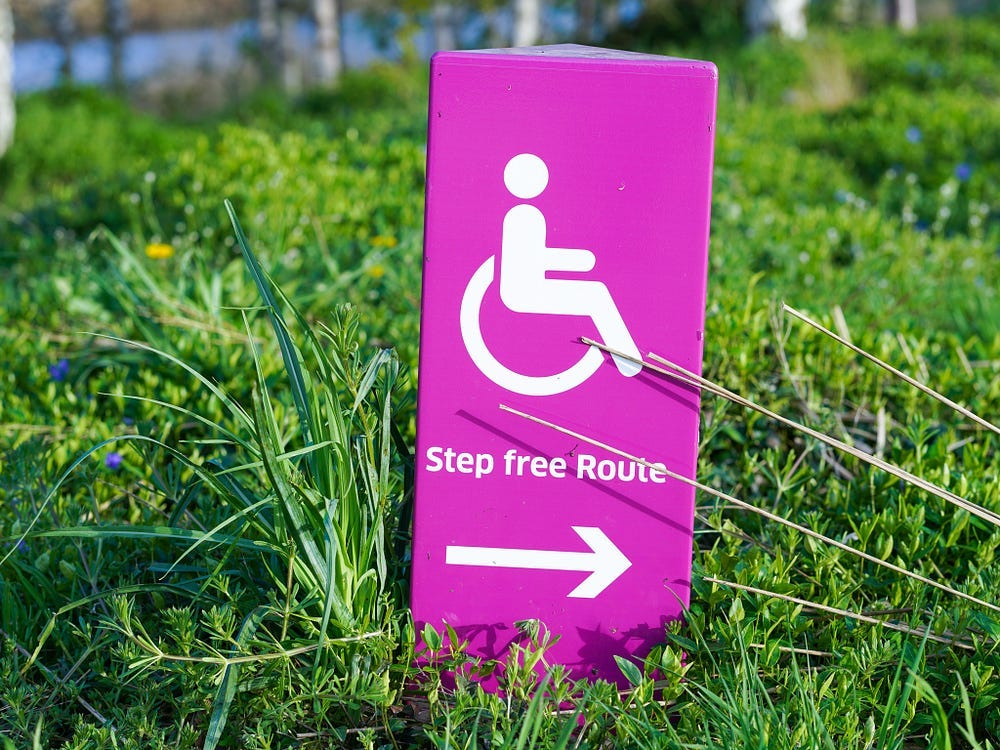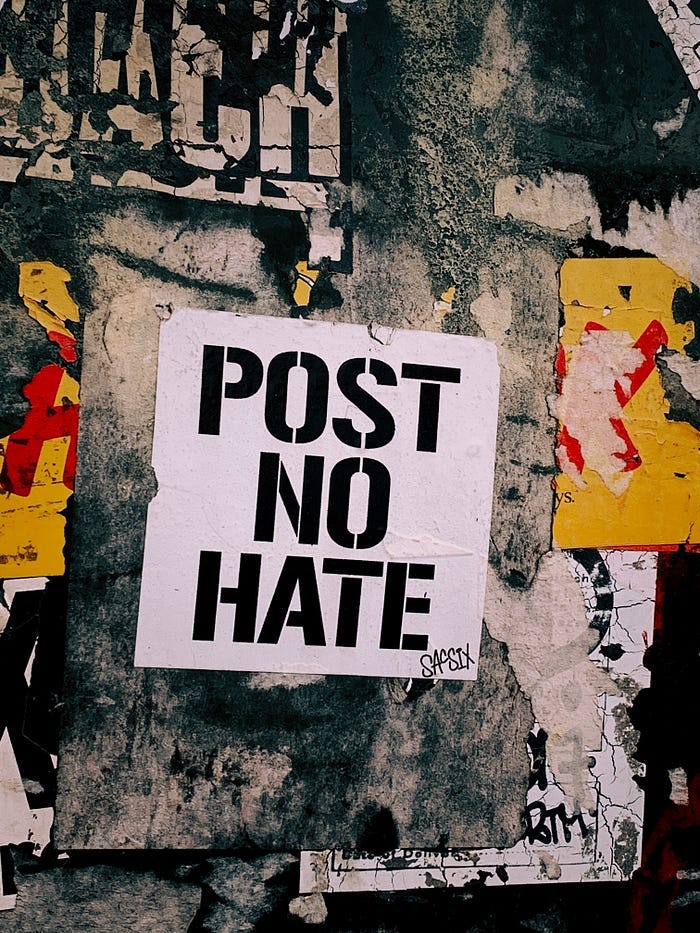Why is Diverse Representation So Important in Entertainment?
Normalizing differences reduces prejudice. Yes, really.

When the Eternals movie came out back in 2021, my partner and I watched it together.
It was okay.
As far as Marvel movies go, it definitely wasn’t our favourite. The story was a bit meh, but I’ve definitely seen worse. It wasn’t particularly memorable, but it was watchable, and we still had a nice time.
There were a couple of things that really stood out to us, though. Mostly with regard to the characters and how they were portrayed.
At this point, we’re used to the typical silver-screen superhero. Often white, always beautiful, straight as an arrow, and muscular as all get out. The women manage to be busty and yet supported in skin-tight suits and perfect hair. The guy's muscles threaten to rip out of their armor.
So, the cast for the Eternals movie came as a pleasant surprise. The diversity of the actors spanned gender, skin colour, sexual orientation, and ability. And while it was by no means perfectly done, their diversity — both of the actors and their characters — was treated as entirely incidental.
It wasn’t remarkable. They weren’t ‘special’ for being different. They just were, and it was treated as entirely normal.
The first person that stood out to us was Makkari, one of the titular main characters. Seeing a superhero with a disability, in this case being deaf, caught both of us by surprise. This was the first time deafness was brought up in a Marvel movie.
Makkari is shown to be an equally strong and purposeful member of the team. She battles as a warrior on even footing with her comrades, and none of them treat her deafness as a problem.
It’s not even really discussed at any point in the movie. The team simply uses sign language when they talk with her. No fanfare.
It was a very welcome surprise for us, and we considered it a huge point in the movie’s favour. It didn’t stop there. Later in the movie, we got an even bigger surprise. One that made us both gasp in legitimate excitement.
A gay married couple.
Not just married, they have a son. Neither is the stereotypical portrayal of an effeminate gay man, either. They’re outside playing catch with their son, fixing a bike, and acting like any television fathers would.
And it wasn’t even the old Hollywood trick of, “They’re totally married, but they’ll only ever hold hands.”
Nope. A loving embrace and a full kiss goodbye. Center camera. No remark or surprise from anyone, treated exactly like any other romantic moment between a heterosexual couple on screen.
Did I mention that all of the characters I’ve mentioned right now are played by people of colour?
This kind of representation is growing more common every year, and it never ceases to bring a smile to my face.
At long last, the old stereotypes are breaking down. Even as the American right-wing tries desperately to stamp it out — and we’ll get to why they do that in a moment — diversity continues to be elevated in our media and entertainment. At least for now.
It makes me happy because it means that those of us who aren’t straight, white, able-bodied men are not stuck on the sidelines anymore. Diversity and representation are absolutely vital in the fight for human rights, and not just because it lets marginalized minorities see themselves on the screen.
It’s vital because it teaches other people that we aren’t as strange or different as they might otherwise think.
That’s why Trump and his cronies are fighting so hard to stamp it out.
The human brain isn’t always great at recognizing the difference between reality and the imaginary. If you’ve ever felt your stomach drop when you’ve watched a point-of-view video of a roller coaster ride, that’s why.
Your brain genuinely thinks you’re swooping along the rails.
This can lead to some pretty interesting phenomena, not all of which are particularly healthy. One such phenomenon is something called a parasocial relationship.
Ever been completely obsessed with a particular band or a television character? My mother’s enduring and devoted fanaticism for BTS comes to mind.
Humans are social critters. When we get to know someone, we tend to develop a sense of comradery, an attachment to them on a personal level. When this is mutual and positive, we call it friendship. If it’s one-sided and there’s a movie screen in the way, it’s parasocial.
There are extreme examples of this, of course. You usually see them in the form of obsessive, stalker-type fans. But for the most part, our parasocial relationships lead to things like crying in the movie theater when our favorite character has a bad day.
This phenomenon is a big part of why representation in entertainment is so important.
Our human tendency to split ourselves up into different categories often leads to prejudice. When we hold each other at arm's length and do not regularly engage outside of our own group, we create a distance. We detach from one another, and we leave a void of empathy that can be filled with all kinds of assumptions.
There are bad actors out there — pardon the pun — who have every intention of taking advantage of that void of empathy.

If you live in a small town and you’ve never met an immigrant to your country, you have no personal experience to compare against racist comments you hear from the people around you.
Does that mean you’ll automatically be racist yourself? Of course not. But you might have some preconceived stereotypes in your head when you do meet somebody from another culture.
This is part of why some bigoted people preach against sending their kids to public school, or to college in big cities. The more people of varied backgrounds their kids interact with, the less room there is for stereotypes to get in there.
If you’re trying to raise a kid that hates gay people, it’s probably not a good idea to give them a chance to meet and befriend a gay person. They might learn to empathize with them and stop agreeing with their parents.
This is called Contact Theory, a method of encouraging interaction and cooperation so that people of varied groups form bonds. It helps reduce the prevalence of negative and harmful stereotypes.
Isolation from one another breeds prejudice and distrust. Of course, introducing very bigoted and hateful people to the people they distrust isn’t always safe. It isn’t always worth the risk to have those people interact face to face, and it’s better to err on the side of protecting the potential victim over teaching the abuser a lesson.
But here’s the really neat thing. Remember parasocial relationships?
Yeah. They work for contact theory, too. Not only do they work, they work on a large scale, and they work organically. You no longer need to arrange and plan an in-person event. Positive portrayals of stigmatized minorities can genuinely help change how we think about each other.
This is why bigots and hate groups absolutely rage when they see diversity in the movies they watch or the video games they play. When diverse representation becomes normalized in popular media, it becomes harder to recruit people to their side.
When minority groups become just another normal part of everyday life, it gets harder to ‘other’ us. The stereotypes and stigmas start to break down.
Unfortunately, it isn’t a magic silver bullet.
Parasocial relationships can work both ways.
When the Overton Window shifts to the far right, when political pundits and influencers preach bigotry from the social media pulpit, parasocial relationships wind up screwing us over.
There’s a reason so many people absolutely lost their minds in grief when Charlie Kirk was assasinated — even people who had never met the man. Part of it was because they viewed it as an attack on their own beliefs, but a huge part of his fanbase had felt connected to him on a personal level.
They’d watched him for years, heard his life story, knew about his family and his life and his opinions. They felt like they knew him. And because of that parasocial relationship, they were more inclined to identify with him and take what he said at face value.
They felt like their friend was murdered. That made it very personal.
Building those relationships with his fanbase was what made him so successful, and it’s the same tactic used by social media creators the world over. It’s unfortunate that it can be used to inject prejudice into the conversation.
As an aside, I want to be clear: while I strongly disliked Charlie Kirk and disagreed with his opinions, I’m not in favour of murder. I’m against the death penalty in all cases, as my long time readers know. His family have my sympathies and I wish them the best in their grief, even if we’re on opposite sides of the political battleground.
That doesn’t mean I’m going to flinch about calling out his beliefs, though. If I see harm, I’m going to talk about it.
Again, this is why they lose their marbles over seeing a book about gay penguins in a library. This is why they don’t want kids to learn about the awful history of racism in school. They aren’t stupid, and they know how this dynamic works.
Ignorance is not bliss. Ignorance becomes fear.
This is why Trump’s cronies are so enraged about ‘DEI’ in general, especially in Hollywood. It forces inclusion and normalizes differences that they would rather see stigmatized.
So, I say, let’s not let them get away with it. Let’s drown them out.
Every time they post hate, let’s post love and solidarity. Let’s celebrate diversity, create art and media with diversity, and help each other climb up out of the hole they want us to hide in.
Let us not be afraid to see ourselves represented. Let us not be afraid to learn about each other’s experiences and the different ways we’ve been affected by other people’s prejudice.
Let’s not be afraid to reflect on our own biases and make an effort to learn more about the people we’ve never met. If we want to change the world for the better, we can start by stepping outside of our bubbles and cliques and networking further afield.
They can rage about it and scream all they want; there are more of us than there are of them, no matter how loudly they try to claim otherwise.
We are all human beings. We are all people. Able-bodied or not, neurodiverse or typical, LGBTQ+ or cishet, white or people of colour. No matter where we come from, the religion we follow, or who we love, we are all human.
Diversity is strength. It’s beautiful. And if we represent it well, it might just change the world for the better.
Solidarity wins.




Good stuff but I'm afraid tribalism will nearly always prevail in the human conciousness.
This was so well written and so well explained. And so important to be said. I'm sharing to spread the word.